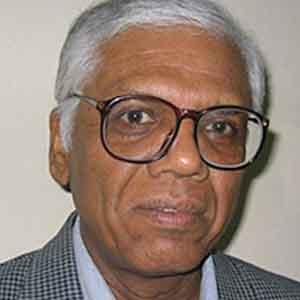Muzaffar Alam

University of Chicago
Of Some Mughal Indian Persian Texts and "Translations" of Arabic Texts
Although Persian was the primary language of premodern Indo-Muslim intellectual culture and learning, the Muslims in India did read, write and comment upon many books in Arabic. The Muslim madrasa syllabi included Arabic texts of different disciplines at higher levels, and there were also many Persian texts translated from or drawn on and modeled after Arabic books. Muzaffar Alam's presentation discusses three such Persian texts from Mughal India:
- Tauzih al-Milal, a translation of Muḥammad ibn 'Abd al-Karīm al-Shahrastānī’s (d. 1153) al-Milal wa-al-Niḥal, commissioned by Jahangir (d. 1628)
- Maraj al-baḥrayn, a treatise on tasawwuf written by a late 16th-early 17th century sufi-scholar Shaykh Abd al-Haq Dehlavi (d. 1642)
- Muthmir, an 18th century philological work by Siraj al-Din ‘Ali Khan Arzu (d.1756).
Muzaffar Alam is George V. Bobrinskoy Professor at the Department of South Asian Languages and Civilizations, the University of Chicago. He is a historian with field specialties in medieval and early modern South Asian Muslim religious and literary cultures, Mughal political and institutional history, and Indo-Persian travel accounts. His research interests also include comparative history of the Islamic world (as seen from an Indian perspective). His major publications include The Crisis of Empire in Mughal North India (1986 and 2013), The Languages of Political Islam in India: c. 1200–1800 (2004), Indo-Persian Travels in the Age of Discovery: 1400-1800 and Writing the Mughal World: Studies in Political Culture (co-authored with Sanjay Subrahmanyam (2007 and 2012).
Muzaffar Alam is a member of the advisory board of Philological Encounters (Brill).